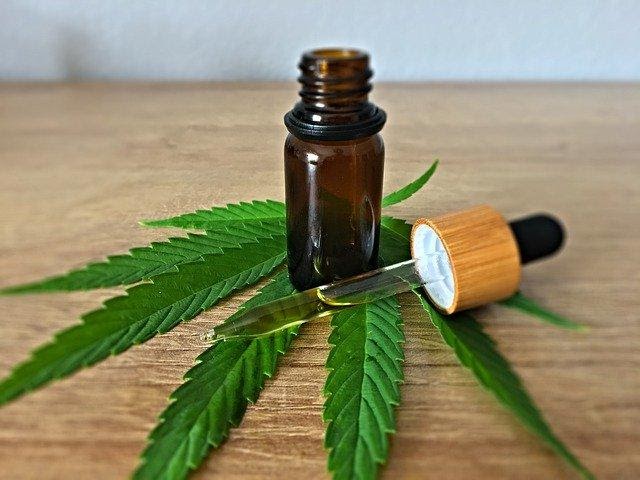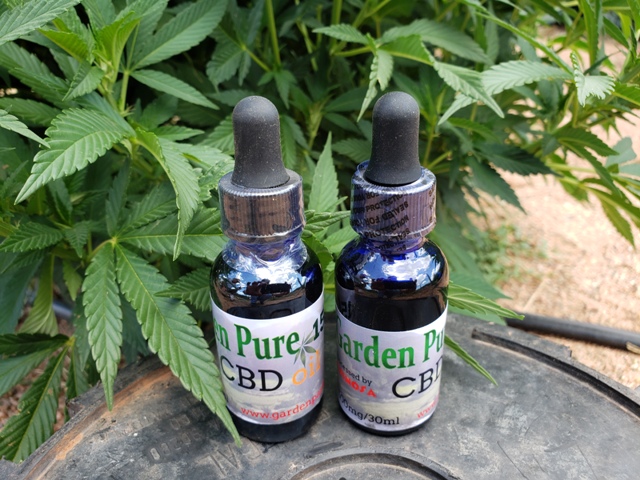Hemp, a versatile and sustainable plant, has been making waves in various industries due to its numerous applications beyond CBD oil. While hemp-derived CBD has gained significant popularity for its potential health benefits, the potential of hemp reaches far beyond the realm of wellness. In this blog post, we’ll explore the diverse uses of hemp, shedding light on its remarkable versatility and eco-friendly qualities.
Hemp as a Super Crop
Hemp (Cannabis sativa) is often referred to as a “supercrop” because of its ability to thrive in a variety of climates and soil types. It is a fast-growing plant, typically reaching maturity in just a few months, making it an ideal candidate for sustainable agriculture. Here are some of the many uses of hemp:
1. Textiles and Fabrics
One of the oldest and most well-known uses of hemp is in the textile and clothing industry. Hemp fibers are incredibly strong and durable, making them suitable for a wide range of textile applications. Hemp fabric is known for its breathability, moisture-wicking properties, and resistance to mold and UV rays.
Hemp textiles have been used for centuries to make clothing, shoes, bags, and accessories. Sustainable fashion brands are increasingly turning to hemp as a more eco-friendly alternative to conventional cotton, which often requires heavy pesticide and water use.
2. Construction Materials
Hemp is gaining recognition as a sustainable building material. Hempcrete, a mixture of hemp fibers, lime, and water, offers excellent insulation properties and is both lightweight and fire-resistant. This natural building material is not only durable but also carbon-negative, meaning it absorbs more carbon dioxide (CO2) during its growth than is emitted during its production.
Builders and architects are exploring hempcrete for various construction applications, including walls, floors, and roofing, as it contributes to energy-efficient and environmentally friendly structures.

3. Food and Nutrition
Hemp seeds are a nutritional powerhouse. They are rich in essential fatty acids, particularly omega-3 and omega-6, which are crucial for heart and brain health. Hemp seeds are also a complete protein source, containing all nine essential amino acids.
Hemp seeds can be consumed whole, hulled, or pressed to extract hemp oil. Hemp oil is not only used in cooking but also in various food products, such as salad dressings, protein bars, and even non-dairy milk alternatives like hemp milk.
4. Health and Wellness
While CBD oil is one of the most well-known hemp-derived health products, it’s just one piece of the puzzle. Hemp offers a wide range of health and wellness products, each with its potential benefits:
- CBD Products: CBD (cannabidiol) is a non-psychoactive compound found in hemp. It is used in various forms, including oils, tinctures, capsules, and topicals, to potentially alleviate issues such as pain, anxiety, and insomnia. Hemp cbg for arthritis can also be effective in alleviating its symptoms.
- Hemp Protein Powder: Hemp protein powder is a popular choice among athletes and health-conscious individuals. It’s an excellent source of plant-based protein and is often used in smoothies and shakes.
- Hemp Seed Oil: Hemp seed oil is known for its skin-nourishing properties. It’s used in skincare products like moisturizers and lotions to hydrate and soothe the skin.
5. Paper and Packaging
Hemp has a rich history as a source of paper and packaging materials. Hemp paper production requires fewer chemicals and less water compared to traditional paper manufacturing processes. Moreover, hemp paper is durable and can last for centuries, making it an excellent choice for archival documents.
Hemp-based packaging materials are also gaining attention as a more sustainable alternative to single-use plastics and traditional paper packaging. These materials are biodegradable and can help reduce plastic waste in the environment.
6. Plastics and Composites
Hemp fibers can be integrated into bioplastics and composite materials. Hemp-based plastics are biodegradable and have a lower environmental impact compared to petroleum-based plastics, which are a major source of pollution.
Hemp composites are used in the automotive and aerospace industries for their lightweight and durable properties. These composites can replace traditional materials, further reducing the carbon footprint of vehicles and aircraft.
7. Biofuels
Hemp can be used to produce biofuels, including biodiesel and ethanol. Biofuels derived from hemp offer a renewable and sustainable energy source, reducing greenhouse gas emissions compared to fossil fuels.
Conclusion: Hemp’s Potential for a Sustainable Future
Hemp’s versatility and eco-friendly qualities make it a valuable resource in the quest for sustainability. From textiles to construction materials, food products to health and wellness items, hemp offers an array of applications that contribute to a greener, more sustainable future.
As the world continues to explore alternatives to environmentally harmful practices and materials, hemp’s role in sustainable agriculture and industry becomes increasingly significant. By harnessing the full potential of this remarkable plant, we can reduce our environmental footprint, promote healthier living, and pave the way for a more sustainable and eco-conscious society.





